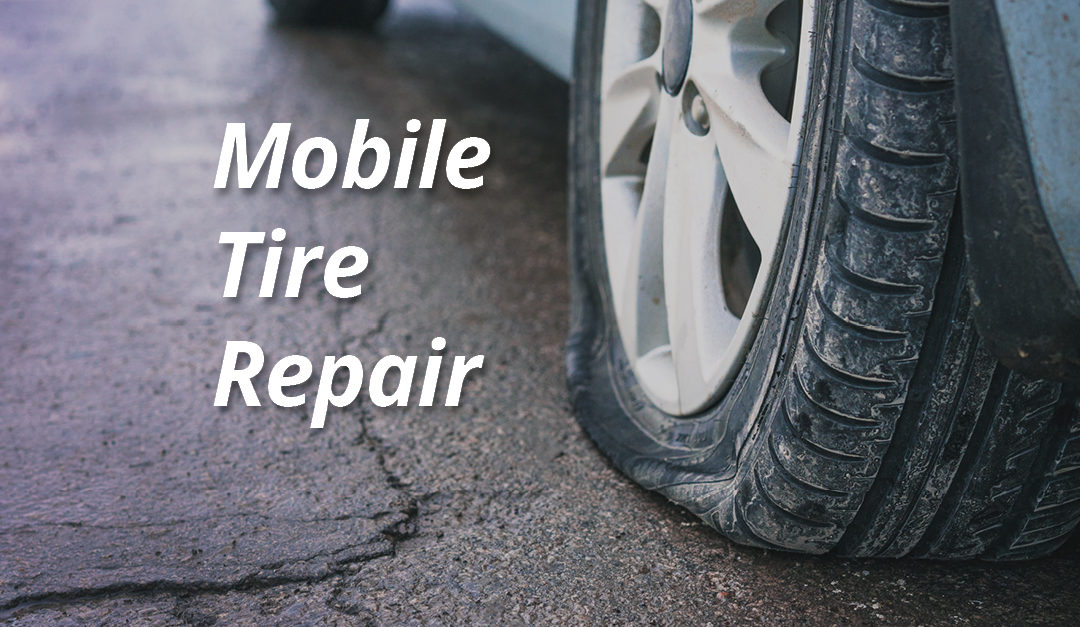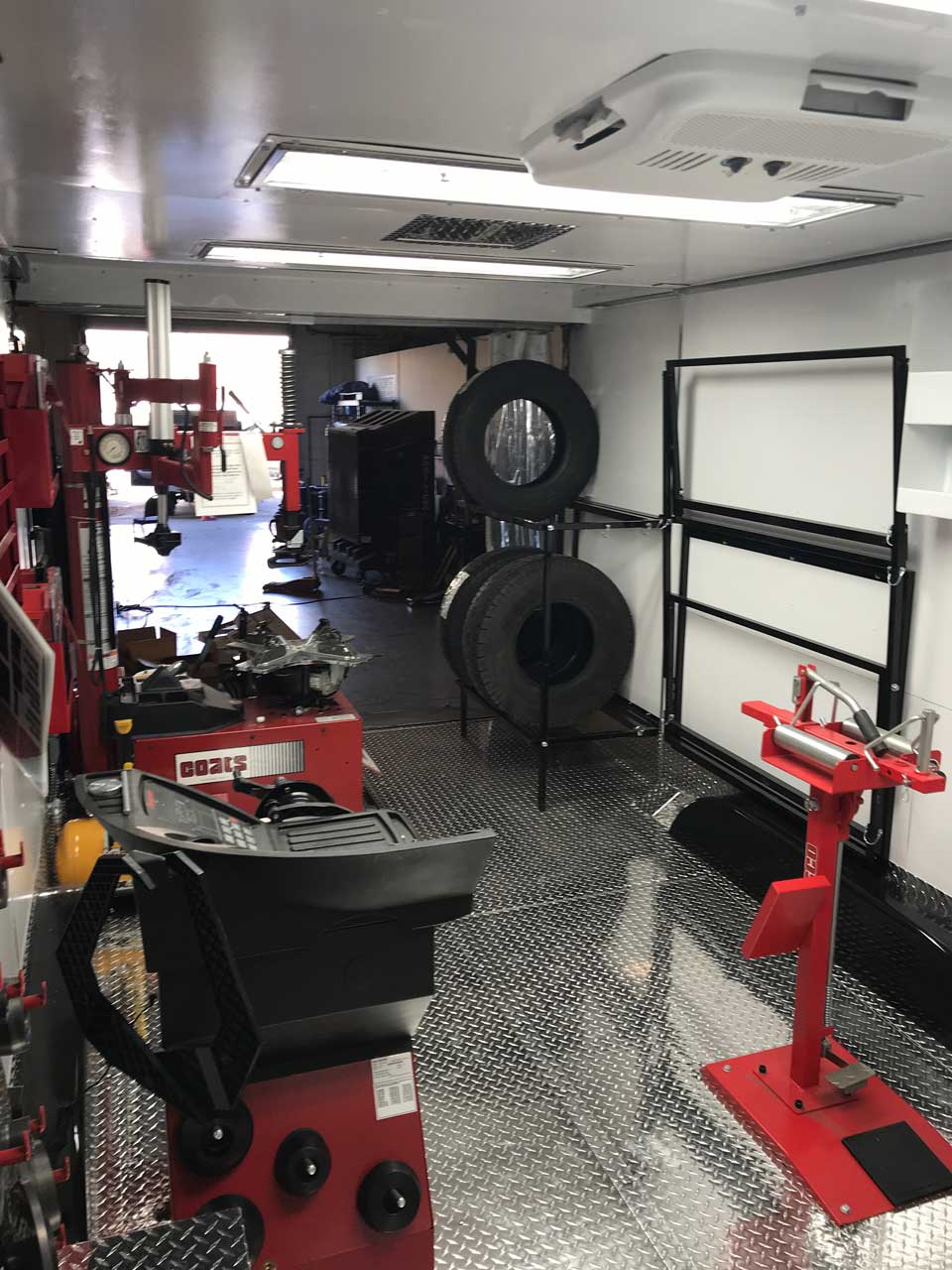Specialist Mobile Tire Repair in Las Vegas - Fast Service Guaranteed
Specialist Mobile Tire Repair in Las Vegas - Fast Service Guaranteed
Blog Article
Tire Service: Proven Approaches for Ideal Tire Upkeep and Treatment
Preserving optimum tire condition is critical for both safety and security and performance of any kind of car. From ensuring appropriate tire stress to routine turning and positioning, there are tried and tested methods that can dramatically prolong the life-span of your tires and enhance total driving experience. As we explore the ins and outs of tire care and maintenance, we will certainly uncover necessary guidelines that every automobile owner must abide by for the finest feasible results. Let's explore the globe of tire solution and find the keys to keeping your tires in first-class form for the long run.
Relevance of Tire Pressure
Sufficient tire stress advertises far better fuel performance, as under-inflated tires can lead to boosted rolling resistance, causing the engine to function more difficult and take in even more fuel. Right tire stress ensures also tread wear, boosting tire longevity and conserving cash in the long run by postponing the requirement for early replacements. Frequently readjusting and examining tire pressure, especially previously long trips, is a straightforward yet effective method to boost lorry performance, extend tire lifespan, and focus on safety and security on the road.
Tire Rotation Guidelines
When thinking about tire rotation standards, it is vital to recognize the significance of this upkeep task in taking full advantage of tire life-span and maintaining ideal lorry efficiency. Tire turning entails changing the position of each tire on a lorry to make certain even step wear. Front tires have a tendency to put on a lot more rapidly than back tires as a result of guiding pressures, making routine rotation important for balanced wear patterns. The advised rotation pattern varies depending upon whether a car is front-wheel, rear-wheel, all-wheel, or 4x4. Commonly, tires should be turned every 5,000 to 7,500 miles, or as encouraged in the lorry manual. Ignoring tire rotation can result in uneven wear, affecting handling, grip, and possibly compromising car safety and security. By sticking to appropriate rotation guidelines, drivers can expand the life of their tires, boost gas performance, and improve overall driving experience. Normal rotation is an easy yet effective maintenance practice that contributes considerably to tire longevity and lorry performance.

Advantages of Wheel Alignment
Ensuring appropriate wheel placement after tire rotation is essential for keeping well balanced wear patterns and taking full advantage of automobile efficiency. Wheel alignment refers to the modification of the angles of the wheels to the supplier's specifications. One of the essential advantages of wheel placement is improved managing and guiding response. When the wheels are correctly lined up, it reduces steering initiative, making sure a smoother and extra regulated driving experience. In addition, correct wheel alignment helps to extend the lifespan of your tires. Misaligned wheels can cause uneven tire wear, resulting in premature tire replacement and increased maintenance prices.

Tire Footstep Deepness Check
Executing a regular examination of tire tread deepness is essential for keeping safe driving problems and prolonging the life expectancy of your tires. The walk on your tires plays an important duty in offering grip, specifically in unsafe or wet conditions. To inspect your tire step depth, you can utilize a step depth gauge or the penny test. The advised step depth is at the very least 2/32 of an inch. It is time to change your tires to make certain optimal performance and security on the roadway if the step deepness is listed below this threshold. Uneven tread wear can suggest issues with tire pressure, alignment, or suspension, highlighting the value of routine walk depth checks. Overlooking to keep track of and preserve appropriate walk depth can result in reduced grip, longer braking distances, and an enhanced danger of hydroplaning. By integrating tire tread depth checks into your routine upkeep routine, you can drive with confidence knowing that your tires remain in top condition.
Seasonal Tire Assessment
Seasonal tire evaluation is a fundamental aspect of tire maintenance that ensures tires are ready to encounter the obstacles presented by various weather condition conditions. In prep work for winter, it is essential to check the tire pressure regularly as cool temperature levels can create tire pressure to drop. By conducting regular seasonal tire examinations, vehicle drivers can lengthen tire life expectancy, improve fuel performance, and most notably, make sure a protected driving experience in varying weather problems.
Final Thought
In verdict, preserving proper tire stress, turning tires frequently, lining up wheels properly, keeping track of tread deepness, and carrying out seasonal evaluations are important practices for official source ideal tire care. By adhering to these verified methods, drivers can guarantee their tires last longer, carry out better, and add to general vehicle safety and security. It is vital to prioritize tire maintenance to avoid accidents, boost fuel performance, and prolong the life-span of tires.
Sufficient tire stress promotes far better gas efficiency, as under-inflated tires can lead to raised rolling resistance, causing the engine to function more challenging and eat more gas.When considering tire rotation standards, it is essential to comprehend the value of this upkeep task in making best use of tire lifespan and preserving optimum vehicle performance. Seasonal tire assessment is a fundamental facet of tire upkeep that makes sure tires are ready to encounter the challenges presented by various climate problems. By carrying out regular seasonal tire evaluations, vehicle drivers can prolong tire life-span, enhance gas effectiveness, and most significantly, guarantee a protected driving experience in differing climate problems.
In conclusion, maintaining proper tire stress, revolving tires regularly, aligning wheels correctly, monitoring tread deepness, and performing seasonal examinations are crucial techniques for ideal tire care.
Report this page